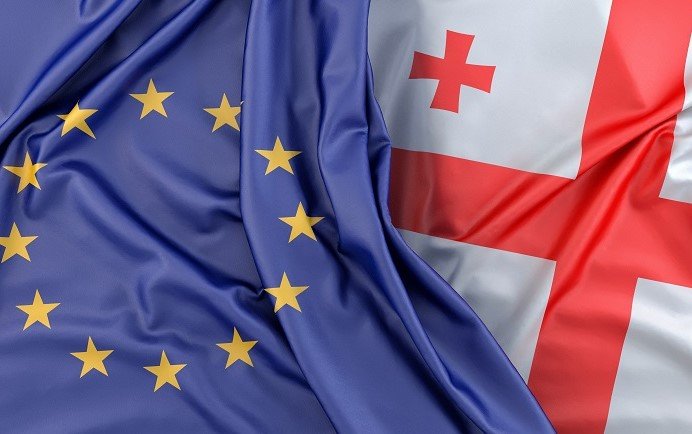The Secretary General of the Council of Europe, Alain Berset, reaffirmed the organization’s unwavering commitment to democratic principles during his visit to Tbilisi. In a social media post, he underscored the importance of freedom of expression and assembly, as well as the need for robust democratic dialogue.
“Open and in-depth exchanges with civil society ahead of the institutional meetings. The Council of Europe supports freedom of expression/assembly and a healthy democratic debate,” Berset tweeted, capturing the essence of his visit.
A Visit Rooted in Cooperation
Berset’s arrival in Tbilisi carries significant weight, both symbolically and politically. The Council of Europe emphasized that the primary goal of the visit is to strengthen the partnership between the organization and Georgia. This cooperation is deeply rooted in shared values such as human rights, democracy, and the rule of law.

This visit is not just a courtesy call. It serves as a reminder of Georgia’s growing role within the European framework. With an evolving political landscape and a civil society that continues to push for greater freedoms, Georgia remains a focal point for democratic development.
Civil Society as a Key Partner
Ahead of official meetings, Berset engaged directly with representatives of civil society. These exchanges are a cornerstone of the Council of Europe’s approach, emphasizing the importance of grassroots input in shaping policy and institutional priorities.
Civil society organizations in Georgia have long advocated for greater transparency and accountability. Berset’s acknowledgment of their efforts signals a recognition of the critical role they play in fostering democratic resilience.
Freedom of Expression and Assembly: A Global Priority
In his statement, Berset highlighted two essential pillars of democracy: freedom of expression and assembly. These rights are often viewed as the bedrock of any open society, enabling citizens to voice their opinions, hold leaders accountable, and mobilize for change.
• Freedom of expression allows for diverse viewpoints to be shared and debated without fear of reprisal.
• Freedom of assembly ensures that collective action remains a viable tool for public engagement and reform.
The Council of Europe’s renewed focus on these freedoms comes amid global challenges to democratic norms. By standing firmly in their defense, the organization reinforces its role as a guardian of European values.
Georgia’s Role in the European Framework
Georgia’s collaboration with the Council of Europe has deepened in recent years, reflecting its aspirations for greater integration with European institutions. The country has taken steps to align its legal and institutional frameworks with European standards, although challenges remain.
The Council’s support is instrumental in:
- Providing technical assistance and expertise.
- Monitoring compliance with democratic standards.
- Facilitating dialogue between government and civil society.
Berset’s visit reiterates the importance of these efforts and underscores the Council’s commitment to Georgia’s democratic journey.
A Moment of Reflection
As Georgia continues to navigate its path within the European family, visits like Berset’s offer an opportunity to take stock of progress and challenges. The emphasis on open dialogue and active civil engagement is not just rhetoric; it is a call to action for all stakeholders to work collaboratively toward a more inclusive and democratic future.
The Secretary General’s message is clear: democracy thrives on the active participation of its citizens, the protection of fundamental rights, and the willingness of leaders to listen.
